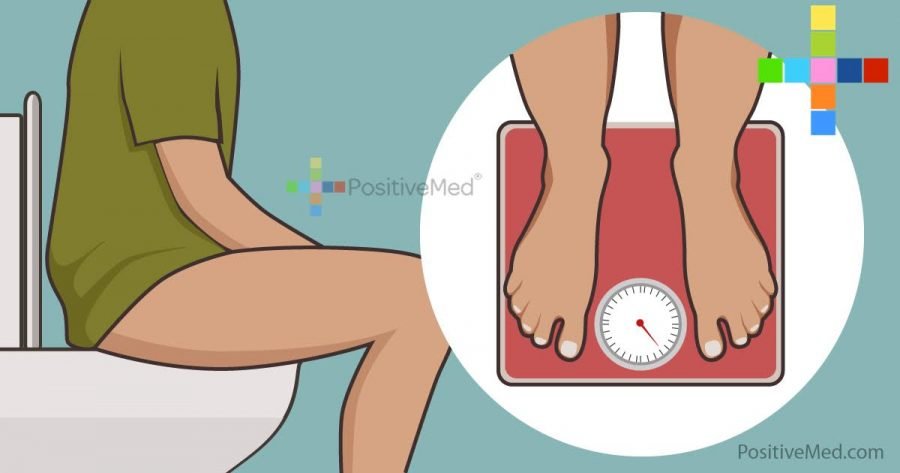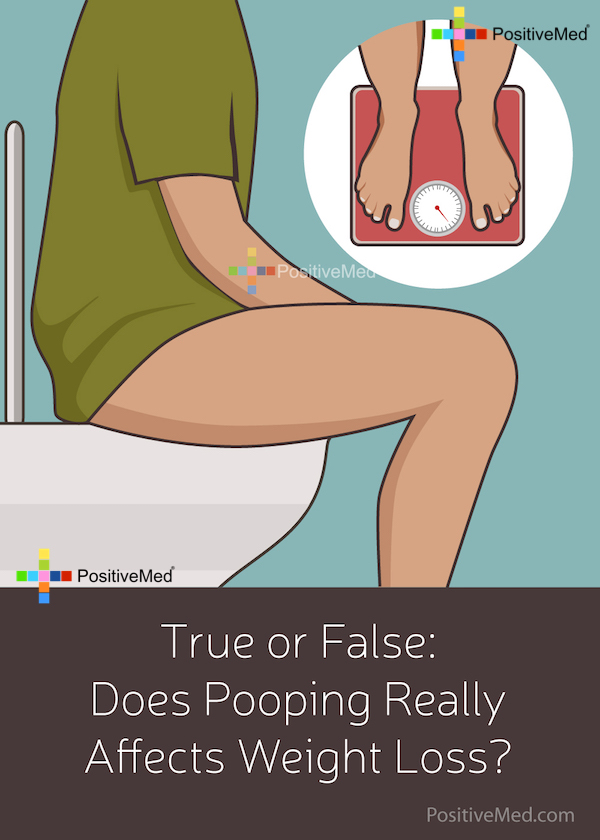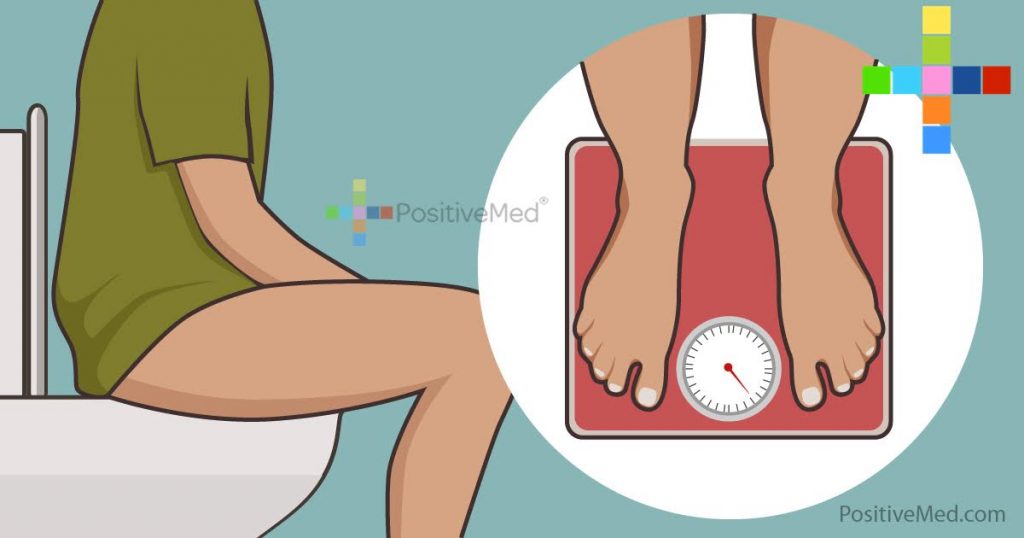True or False: Does Pooping Really Affects Weight Loss?
Ahh, pooping. That thoroughly mundane, yet wonderfully primal act which, as David Mamet might say, can make someone feel like they have slept for twelve hours. Since the dawn of time (or at least the Cambrian), animals have ingested, digested, and finally, excreted their way to glory. Is it possible that in our rush to eat, digest, and poop, we have taken for granted an opportunity to arrive at a deeper awareness of the human condition and the existential condition of all beings? In this text, we contemplate a fundamental yet oft-neglected question wafting over the voluminous poop literature: is it true that pooping really affects weight loss?

First, some background. Sigmund Freud identified the anal stage of development as the time when a child realizes that she has control over her bowel movements. This realization is profound because it confers a sense of control to the child. To poop, or not to poop? That is the question. According to Freud, parents should praise their children for poops that occur at the appropriate time and place. How the child learns to respond to her parents’ demands that she control her bowels may profoundly influence how this individual relates to authority figures throughout her life.
In light of the potent parallel of pooping and power, it’s no surprise that one may wish to exert control over one’s weight by popping more or less. Need to bulk up so you can dominate your weight class in the ring and be confident in courtship? Forget the gym; just go easy on the pooping for a few weeks. Summertime’s coming and you’re feeling anxious about wearing that two-piece? No worries! Simply increase your rate of pooping. If only life was so simple.
In all seriousness, you cannot actually affect your weight by pooping. It is true that one’s after-poop weight will be a pound or so lighter than one’s weight prior to pooping. However, the act of eating causes one’s weight to increase.
RELATED ARTICLE: What Does it Mean When Your Poop Floats?
It is true that if you teach yourself new, healthy habits such as eating high-fiber foods, you will lose weight over the course of some months. High-fiber foods help you feel full without the extra calories derived from popular (yet unhealthy) alternatives.
Heaton and colleagues (1992) at the Bristol Royal Infirmary found that most commonly, adults poop once per day, after breakfast. This result is consistent with Weaver’s (1988) meta-analysis finding that median poop frequency for ages 10 and older ranges between once and twice daily. This meta-analysis also found that in developed countries, daily poop production per person ranges 50 – 300 grams, or 0.1 – 0.7 pounds. Intriguingly, the Bristol study found that although the plurality of people poops once per day, the majority of people have irregular bowel movements. The literature indicates that poopers of the modern world have much room for improvement.
RELATED ARTICLE: 5 Causes And 5 Treatments Of Irritable Bowel Syndrome
In summary, your poop is no laughing matter. Well, maybe it is, but if you make a serious effort, you can increase the regularity and ease of your poops. Observing best dietary practices every day may require perseverance, however, a the necessary behaviors are simple. Eat more fruits and vegetables. Take a psyllium supplement. Use a toilet stool so that your legs are in a crouched posture and your poop just slides right out. Winning the pooping gold medal might not come with a Miss (or Mister) America tiara. However, over the long term, a high fiber diet will make you healthier.
Pin It!

References:
Heaton, K. W., et al. “Defecation frequency and timing, and stool form in the general population: a prospective study.” Gut 33.6 (1992): 818-824.
Weaver, Lawrence T. “Bowel habit from birth to old age.” Journal of pediatric gastroenterology and nutrition 7.5 (1988): 637-640.






